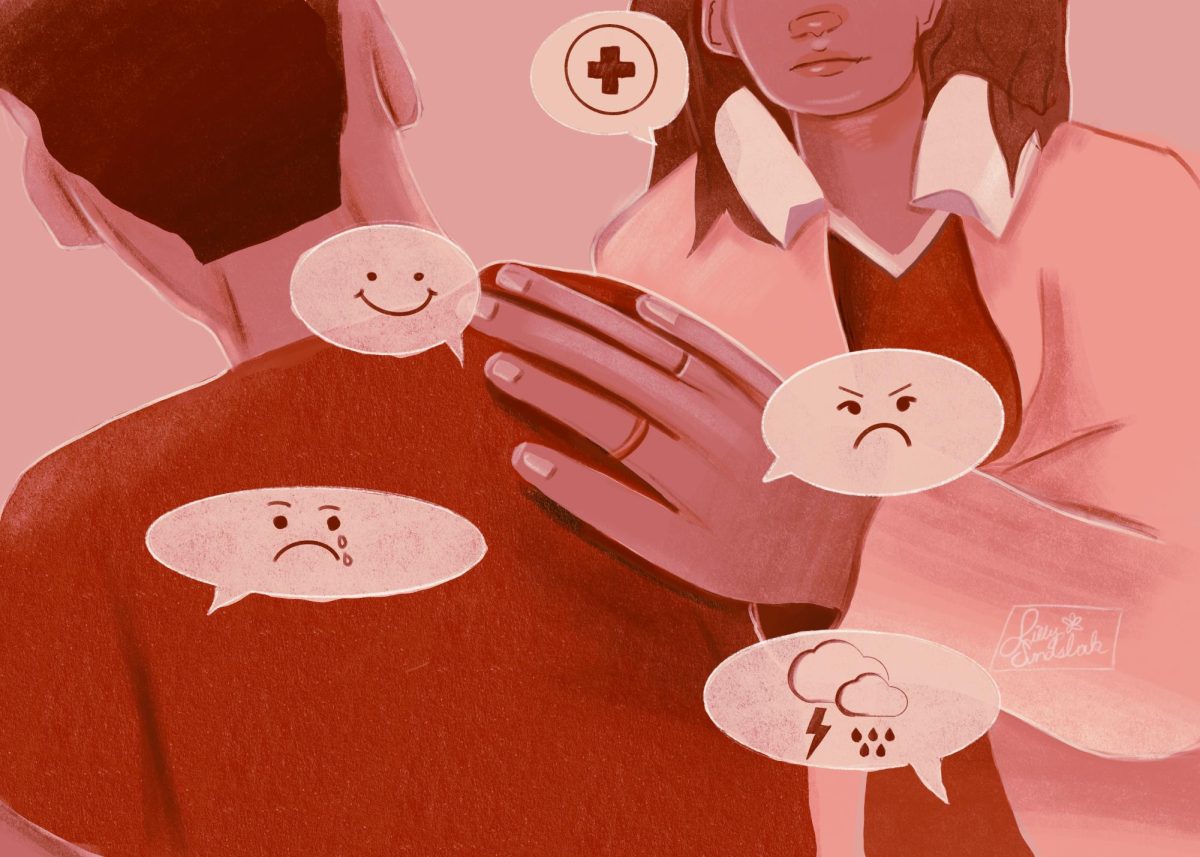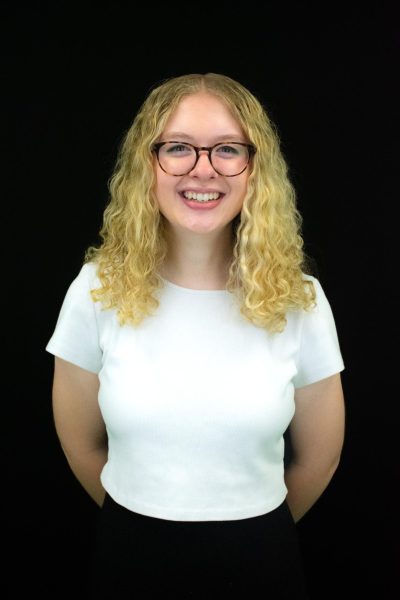Columbia is offering faculty training for certification in mental health first aid with a one-day online course through the National Council for Mental Wellbeing. Faculty who complete the course are awarded a three-year certification.
Susan Kerns, the associate provost of faculty research development, leads the online training for both part-time and full-time faculty. Kerns, who is certified through the council to teach the course, said the training is crucial for many reasons, the core being to provide support for Columbia students, she said.
“We need to be aware of the different mental health potential factors that might be coming into play in our classrooms and in our student’s lives,” Kerns said.
This summer, Kerns has emailed faculty information on optional training openings, prioritizing those teaching currently and those scheduled to teach in the fall semester. Columbia incurs a $25 cost per trainee, Kerns said. So far, three training sessions have been conducted, with three more scheduled for later in the summer, she said.
In total, 65 members of faculty will be trained by the end of the summer.
What is mental health first aid?
The mental health first aid course equips trainees with skills on how to identify and respond to signs of mental illness while providing beginning support.
“It’s essentially a way for people to be aware of signs and symptoms of potential mental health distress and potential developing crisis situations,” Kerns said.
The training is held virtually, with two hours of asynchronous pre-work and six hours of synchronous training.
Each training group includes 15 to 20 faculty members. The training, which Kerns discovered while completing a separate intimacy coordination training for film and television, includes videos, tutorials, question and answer assignments and break out groups.
The training material includes coping techniques like the mental health action plan ALGEE, a five-step process to help support someone in distress. Trainees are encouraged to assess for signs of trauma, listen to the individual, give reassurance, and encourage appropriate professional help and other support methods.
The training material also reiterates the importance of building a supportive community and early intervention for those showing signs of distress.
“Early intervention is the best thing that you can do because the earlier people get help and start to work through things, the more likely that worsening signs and symptoms won’t occur,” Kerns said. “So we’re really trying to encourage people to intervene early.”
The virtual setting has also facilitated faculty discussions, allowing members to share experiences, concerns and process new mental health resources.
“For as much as we’re talking about serious and sensitive topics, I think faculty are really appreciating having the dedicated time to get together and talk through these things and share resources,” Kerns said.
By the numbers:
The National Institutes of Health reported earlier this year that 57.8 million adults live with some form of mental illness. The severity of a mental illness can vary from person to person.
On college campuses, rates of anxiety, depression and suicidal ideation on are at an all-time high. At least 70% of students said they have struggled with mental health since starting college, according to a recent U.S. News/Generation Lab report, which surveyed 3,649 college students in March 2024.
The increased demand for resources comes as colleges, including Columbia, grapple with financial challenges.
Columbia recently laid off four therapists at the Counseling Center as part of large-scale staff cuts aimed at reducing the $38 million financial deficit, as the Chronicle previously reported.
The college will now be partnering with TimelyCare, a virtual health care provider, to aid the Counseling Services and provide 24/7 assistance to students ahead of the fall semester.
What faculty are saying:
Francine J. Sanders, a part-time instructor in the Cinema and Television Arts department, found discussion with her colleagues “illuminating,” especially when sharing their interpretations and reactions to the videos, she said.
“Everybody wasn’t always aligned in how they interpreted the character’s behavior in some of these videos,” said Sanders, who completed the training in May. “So what I took from that was a reminder to me of just how complex these issues are and how nuanced these scenarios are. There’s not just a clear easy to look up in a book answer.”
Sanders said one of the biggest takeaways from the training was the importance of language.
“The power of language to really either make someone feel comfortable and open up and have them know you’re in their corner or push them away and have them feel judged.”
While the training prioritizes helping someone get to the next step, the training also focuses on managing expectations and the importance of staying healthy.
“The other thing that I feel like these trainings are really good about doing is stressing to faculty that we are not therapists and we cannot play that role,” Kerns said.
Another takeaway for Sanders was “the value of having a self-care plan,” she said.
“People talk about self-care a lot and I don’t think about it for myself enough,” Sanders said. “And so one of my takeaways from this too was thinking about how I could be most effective when I’m healthy too.”
As training continues, Kerns hopes that this course can help students feel like they can trust and rely on their professors, she said.
“As a society I think we’ve done a great job destigmatizing mental health, so now it’s really on the older generations, and that includes me, to make sure that we’re there to meet younger folks in that moment,” Kerns said.
What students are saying:
Similarly, Columbia students look forward to the impact of the mental health first aid training.
“I think that this would enlighten teachers a little bit about perspectives that they haven’t necessarily considered,” said Isaac Carter, a junior graphic design major. “Especially in how mental health plays a role in education, not only at Columbia but in America in its entirety.”
With fall semester around the corner, Kern said this training is a key step into strengthening well-being across Columbia campuses.
“We are all here to help students and this just seems like a key puzzle piece to me right now,” Kerns said. “I don’t want to say it’s just about happiness or about retention, it’s about all these things. It’s about a better quality of life.”
Copy edited by Trinity Balboa










